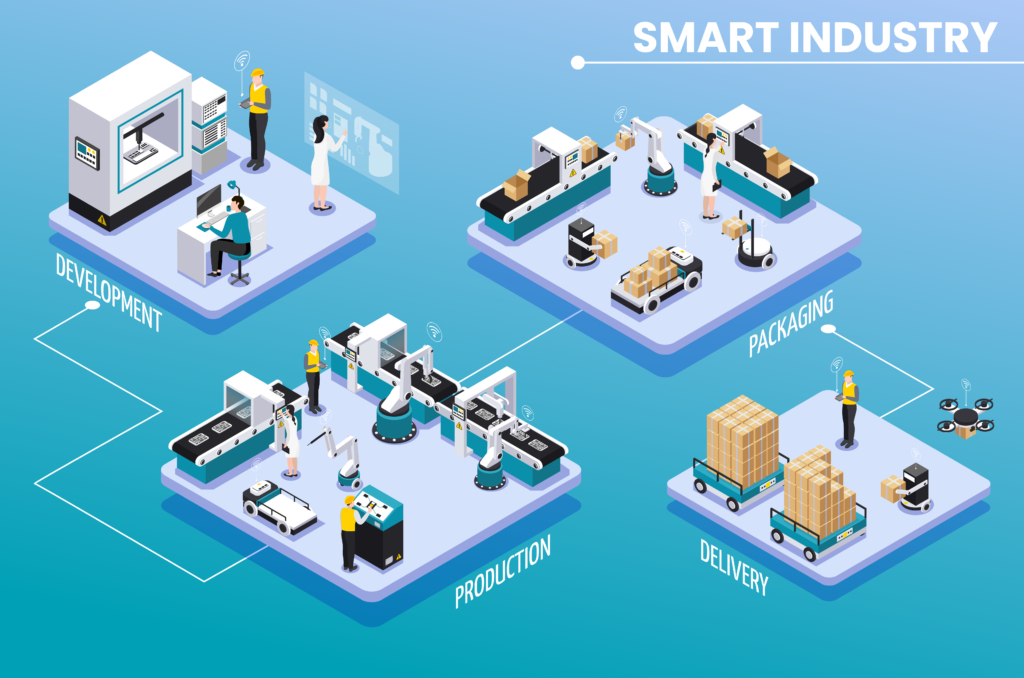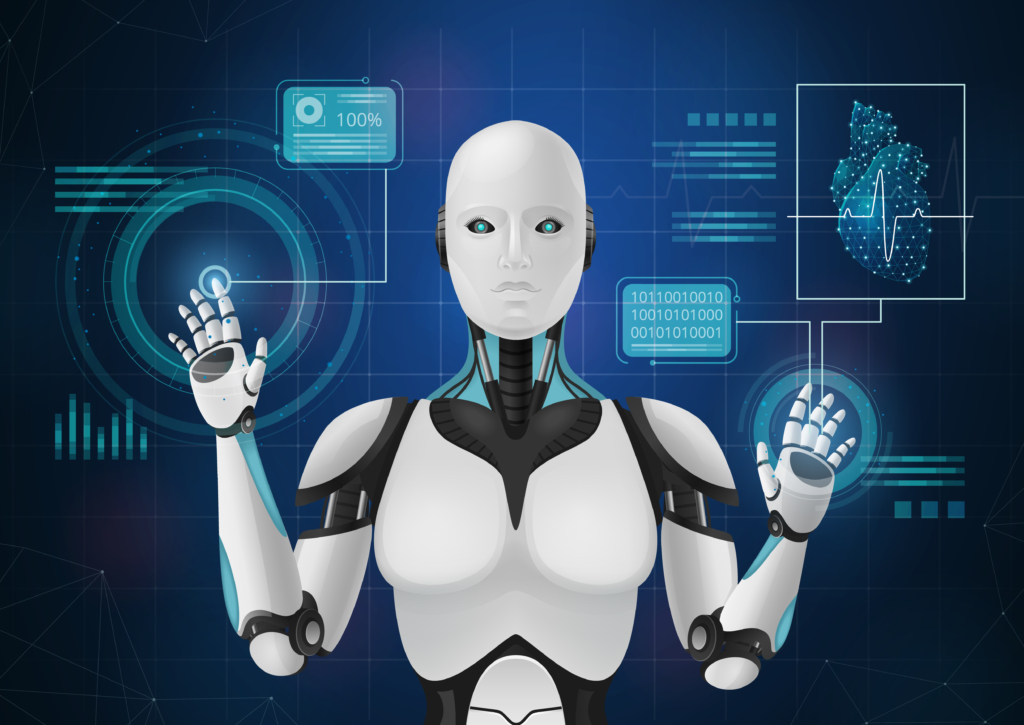Industry analysts and economists have spent the best part of the last decade sermonising the importance of preparing for an increasingly disruptive business environment brought about by exponential progress in technology. However, it is the Covid-19 pandemic that seems to be serving as a catalyst for businesses to undertake digital transformation efforts.
For the longest time tech jargon such as artificial intelligence (AI), and robotics seemed like inventions from a distant future that only manifested in the silver screen through Hollywood blockbusters. Thus, it may seem jarring for tech sceptics to note that AI presently lies at the heart of ever-changing business models.
The World Economic Forum (WEF) in its Future Jobs Report 2018 estimates that 133 million new jobs would be created “to adapt to the new division of labour between humans, machines and algorithms”.
According to the same report, in 2018 an average of 71% of total task hours across 12 industries – which included the consumer retail and financial services – are performed by humans, and 29% by machines. By 2022 however, 57% of total task hours are expected to be handled by machines. The report further projects a tectonic shift where “62% of an organisation’s information and data processing and information search and transmission tasks will be performed by machines compared to 46% today”. These figures are expected to be revised to illustrate the effect of the Covid-19 pandemic which has only served to accelerate the digital transformation efforts by companies.
AI-driven technologies that deliver business intelligence (BI) and automation are now at the forefront of strategic decision-making. The Covid-19 pandemic turbo-charged the E-commerce sector where 10 years of e-commerce growth happened in just 90 days. E-commerce businesses, especially those in the retail industry are becoming increasingly aware of the need to address customers across all touchpoints.
Operating in silos with on-premises legacy systems is an approach that is woefully disjointed and falls way short of digital business expectations. For instance, in the retail industry, the omnichannel business strategy is emerging as one of the most effective approaches, placing emphasis on customer experience. As consumers flit from one platform to another, the onus falls on businesses to offer highly personalised shopping experiences to their customers.

Dropshipper Oberlo in a recent article attributed the significant growth in artificial intelligence in the retail industry to businesses adopting it to power customer engagement.
Meanwhile, automation helps carry out menial tasks that allow your staff to focus on other more important tasks. Automation also helps weed out human errors that can occur from the manual entry of data.
A PwC study titled 8 insights to shape business strategy showed more than half of businesses reporting a boost in productivity after having implemented AI. The reports further states that AI-enabled automation also led to better decision-making, quoting two-thirds of executives who said it helps “improve and strengthen collaboration between humans and machines”.
AI-driven solutions are not merely confined to BI and automation. The breadth and depth of AI is such that the scope may be infinite. However, for companies who are at the start of digital transformation, the priority is to lay down the building blocks that will ensure a strong foundation upon which future technologies can be integrated with.
Below we look at how businesses who are at the onset of digital transformation can benefit from incorporating AI into their operation processes to reap its benefits.
Unlock Insights and Propel Growth
In a highly competitive business market that is often in a state of flux, key advantages are gained by those who make full use of the data at their disposal.
Modern-day cloud enterprise resource planning (ERP) systems help consolidate data from various different sources. This allows data analysts to extract key information that can help the business edge ahead of competitors.
Improved Customer Service
Automated messaging services such as bots help reach out to customers and provide them with all the relevant and latest information they are looking for.
These bots respond swiftly to problems and go a long way towards improving customer service. A recent research by Salesforce titled State of the Connected Customer showed that almost one in four organisations now use AI-powered chatbots to handle customer service.
Accelerate Delivery Services for E-commerce Businesses
Third-party logistics services providers (3PL), for instance, deal with various customers using different systems. This process becomes more complex when data discrepancies are taken into consideration.
Key customer details such as addresses can sometimes be missing from a merchant’s service delivery order. Here, the combined use of robotic process automation (RPA), and more advanced automation solutions help detect discrepancies immediately and alert merchants of the error. This helps prevent delays in shipment of orders as merchants are given instant notice to respond.
Consolidated data for Marketing and Sales teams
Marketing executives can use business intelligence (BI) tools to keep track of campaign metrics from a centralised system. BI tools provide marketing personnel with real-time campaign tracking, and help measure each effort’s performance to plan for the future.
BI dashboards also provide sales teams in an organisation with quick access to complex information such as discount analysis, customer profitability, customer lifetime value. This helps sales executives to monitor their targets.
For more on this topic, visit our AI blog.
Solutions We Offer
Our partnerships with companies at the forefront of artificial intelligence (AI) and automation, in addition to other innovations allow us to offer solutions encompassing a broad range of industries.


